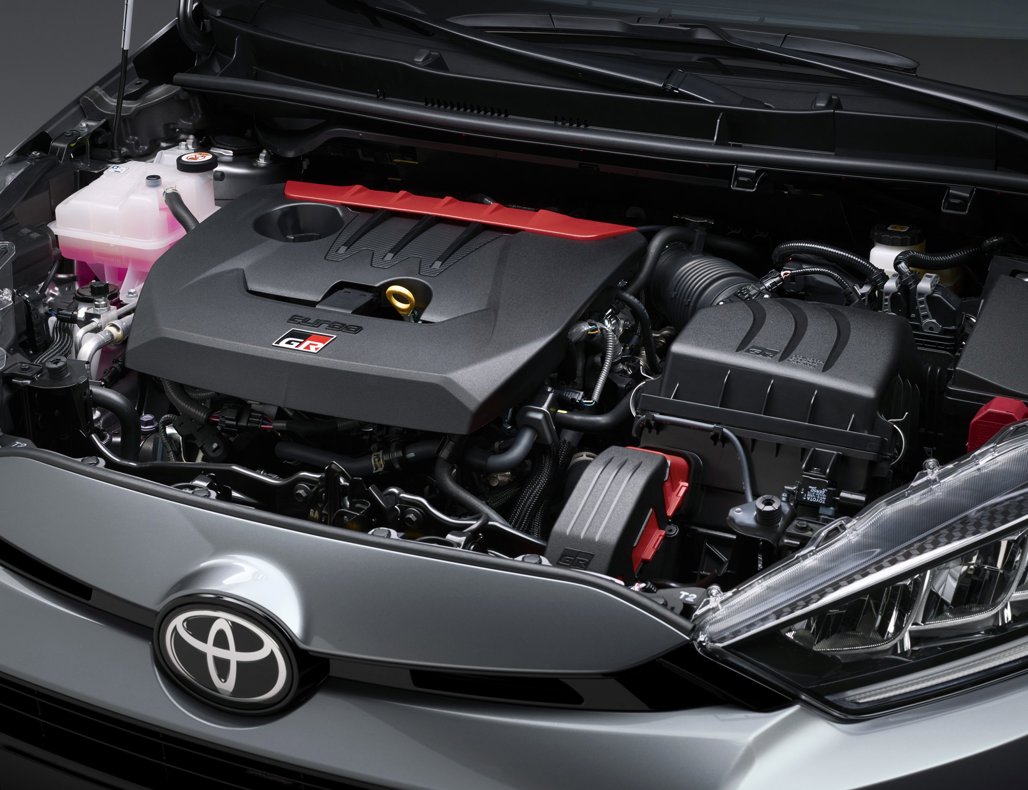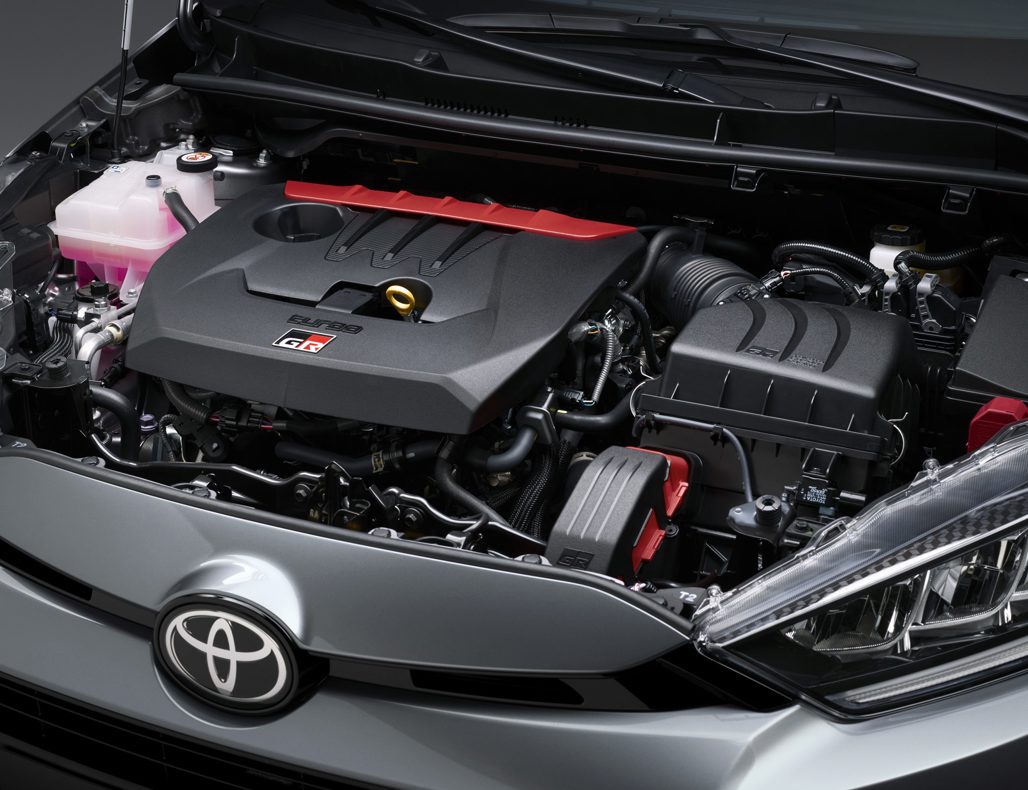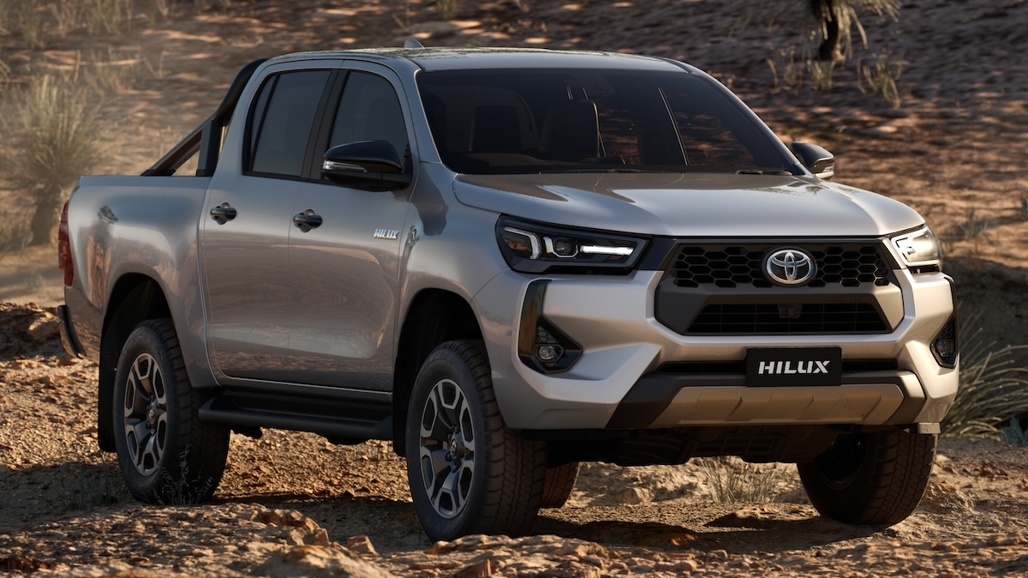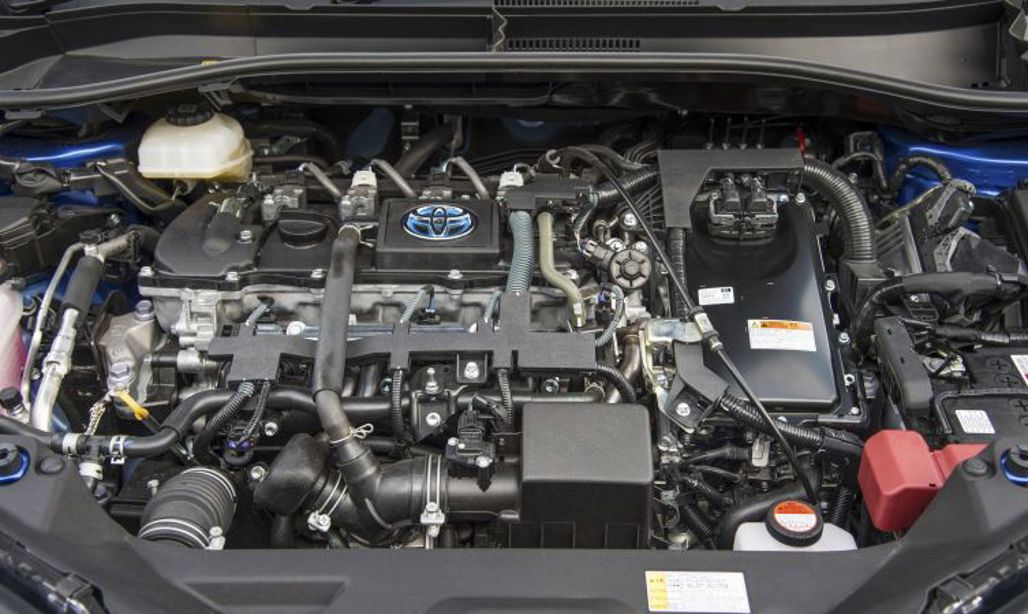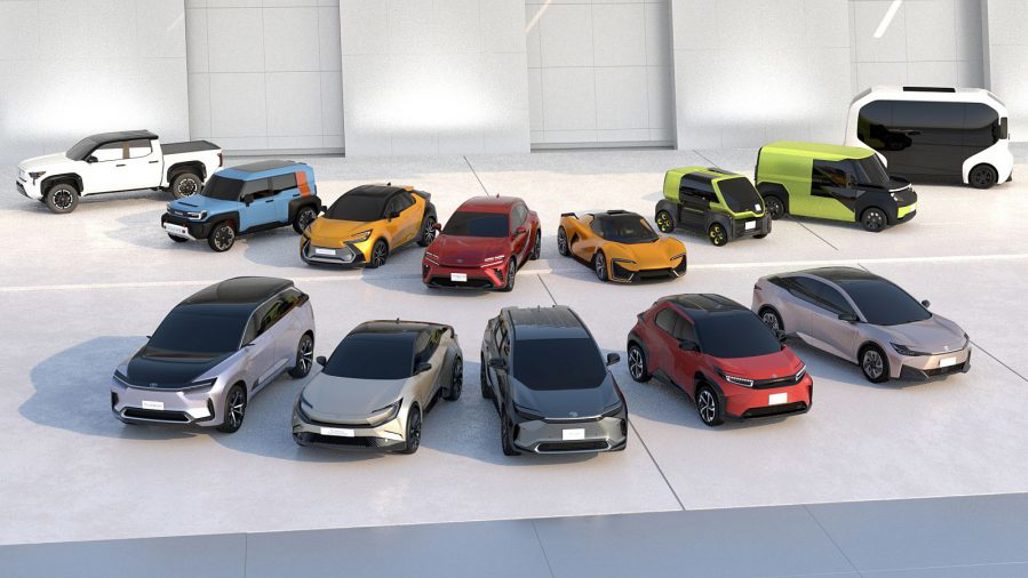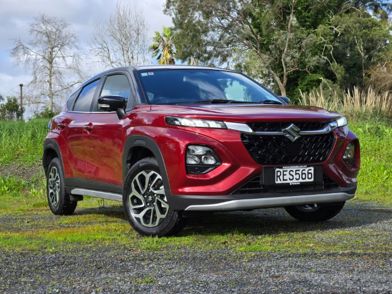Toyota, fresh off leading the world in auto sales for the fourth straight year in 2023, recently declared its ongoing commitment to developing new internal combustion engines (ICE).
This announcement comes amidst a global auto industry largely pivoting towards electric vehicles (EVs), including Toyota's own four-fold increase of EV sales over the previous year.
Toyota's stategy in a predominantly electric era
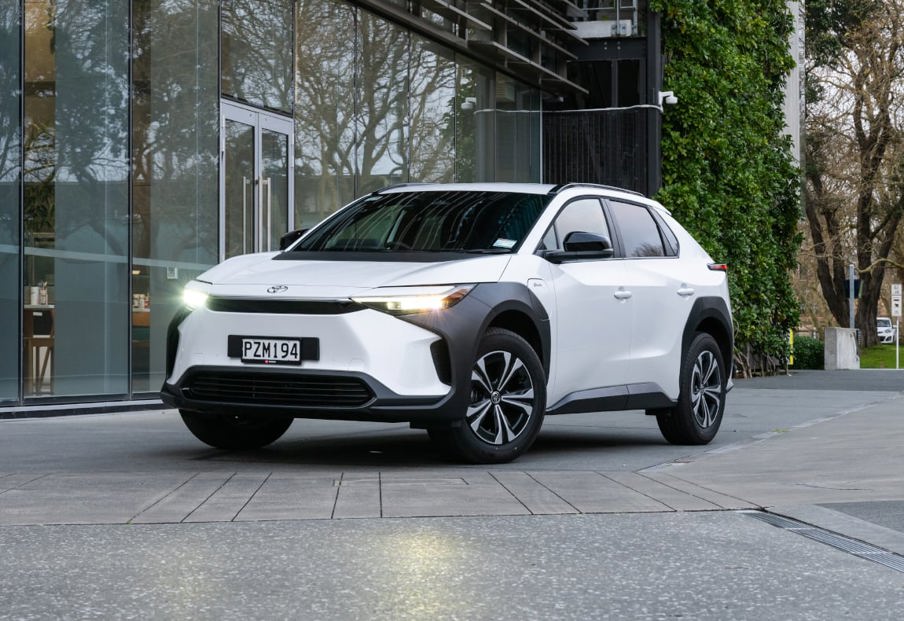
Toyota's chairman, Akio Toyoda, made this significant announcement at the company's recent Vision Briefing in Japan, reaffirming the development of new combustion engines.
This initiative aligns with the Japanese company's belief that battery-electric vehicles (BEVs) will not completely dominate the future of transportation.
Toyoda estimates that even with technological advancements, EVs may only represent about 30 per cent of the global car market.
In 2023, Toyota sold 104,018 EVs, accounting for a mere 0.92 per cent of its 11.23 million global car sales.
A diverse approach for a diverse market
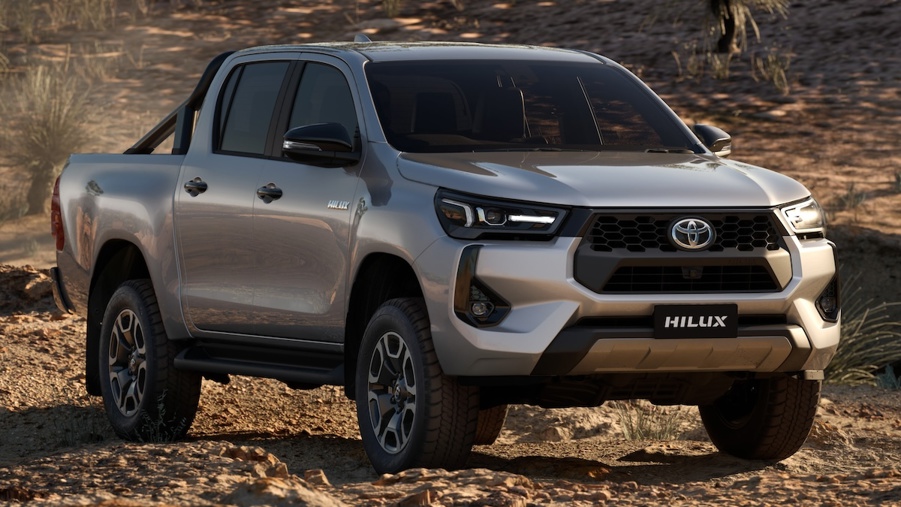
Toyota’s current strategy diverges from many of its competitors who have shifted their focus almost entirely to electric powertrains.
The carmaker's approach is more multifaceted, aiming to offer a mix of powertrains, including hybrids, fuel-cell electric vehicles (FCEVs), and traditional petrol- and diesel-powered engines.
This strategy is rooted in the understanding that about one billion people worldwide live without electricity, making it impractical to rely solely on BEVs or FCEVs.
Toyota's stance is that the real enemy is carbon emissions, not the specific type of vehicle.
“We will continue producing engines because they still play a role as a practical means of achieving carbon neutrality,” said Toyoda.
The future of Toyota combustion engines
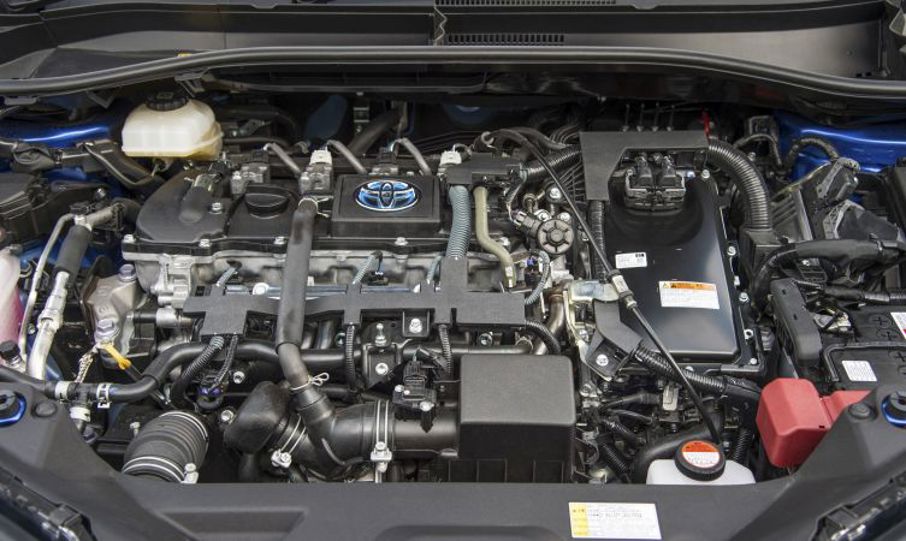
The auto industry's focus on EVs is partly driven by aggressive legislation in various countries, such as the European Union's ban on the sale of new petrol and diesel-engine vehicles from 2035.
Toyota's reaffirmed belief in combustion engines does not imply a rejection of green initiatives but rather indicates a belief in a balanced approach to achieving carbon neutrality.
This strategy includes the potential use of hydrogen as a fuel source, an area where Toyota has already made significant strides with vehicles like the Mirai, a hydrogen fuel-cell vehicle launched in 2014.
Toyota's global vision
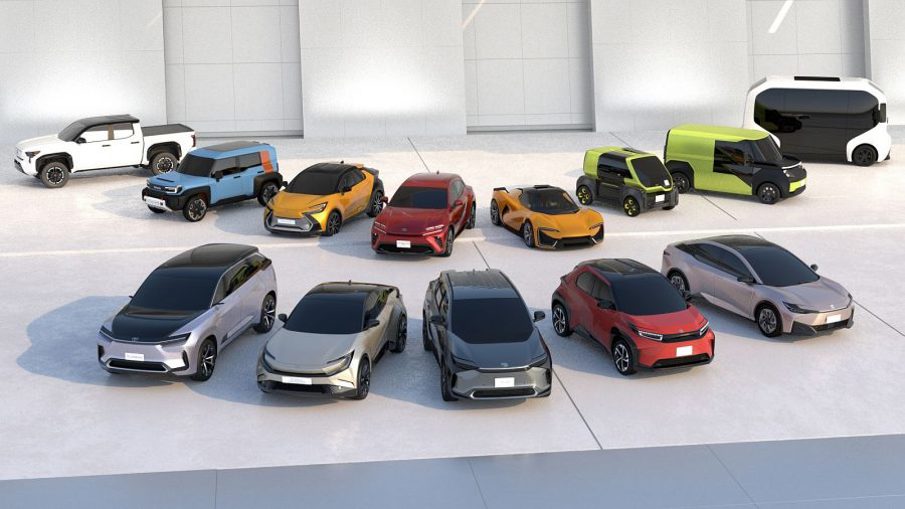
Akio Toyoda's vision reflects Toyota's status as one of only three 'full-line' automotive manufacturers globally, necessitating a broad assessment of the 'energy status' of customers around the world.
Toyota’s philosophy appears more inclusive than some of its rivals, aiming to "leave no one behind" in the journey towards sustainable mobility.
In any case, the company's commitment to developing new combustion engines, alongside its investments in EVs and hydrogen technology, showcases its strategy to balance market demands with environmental concerns, adhering to its goal of achieving carbon neutrality in its factories by 2035 and across the lifecycle of its vehicles by 2050.

